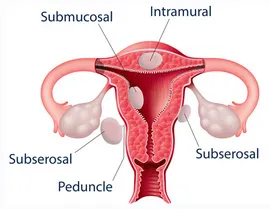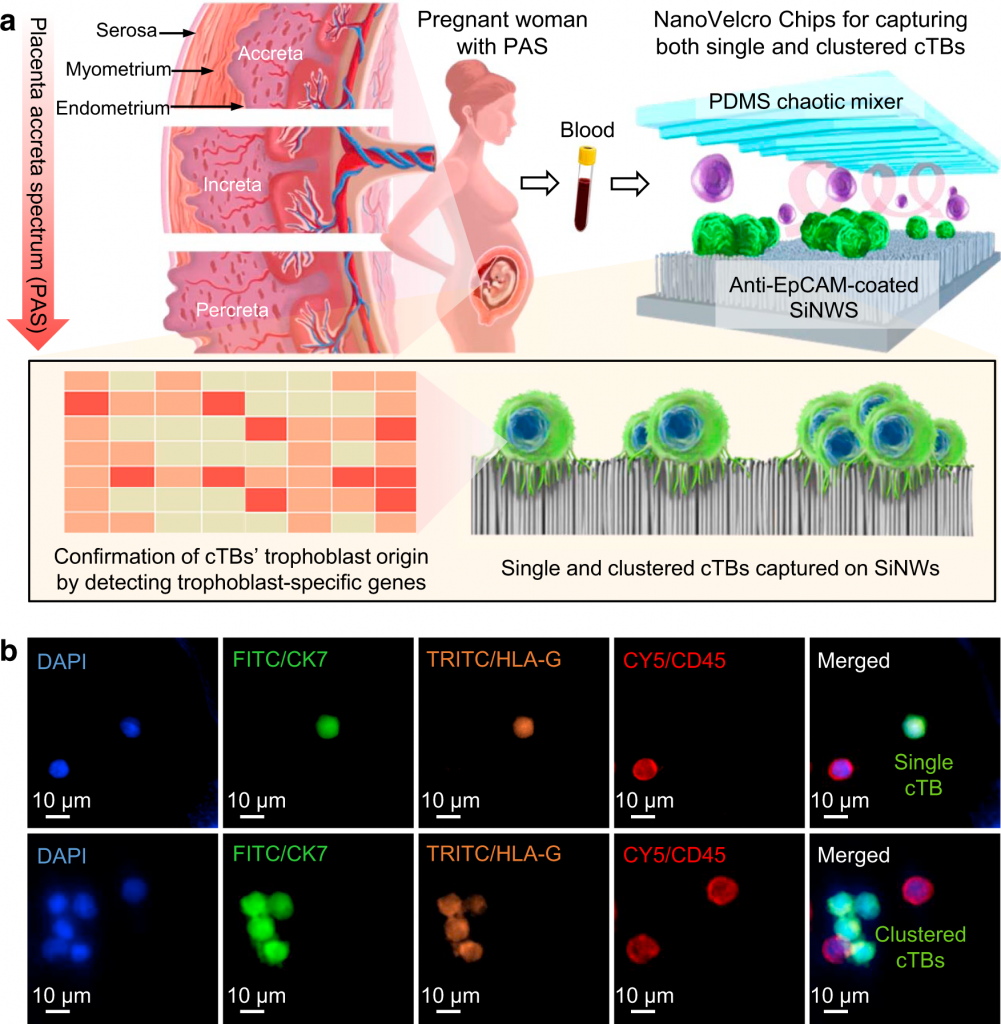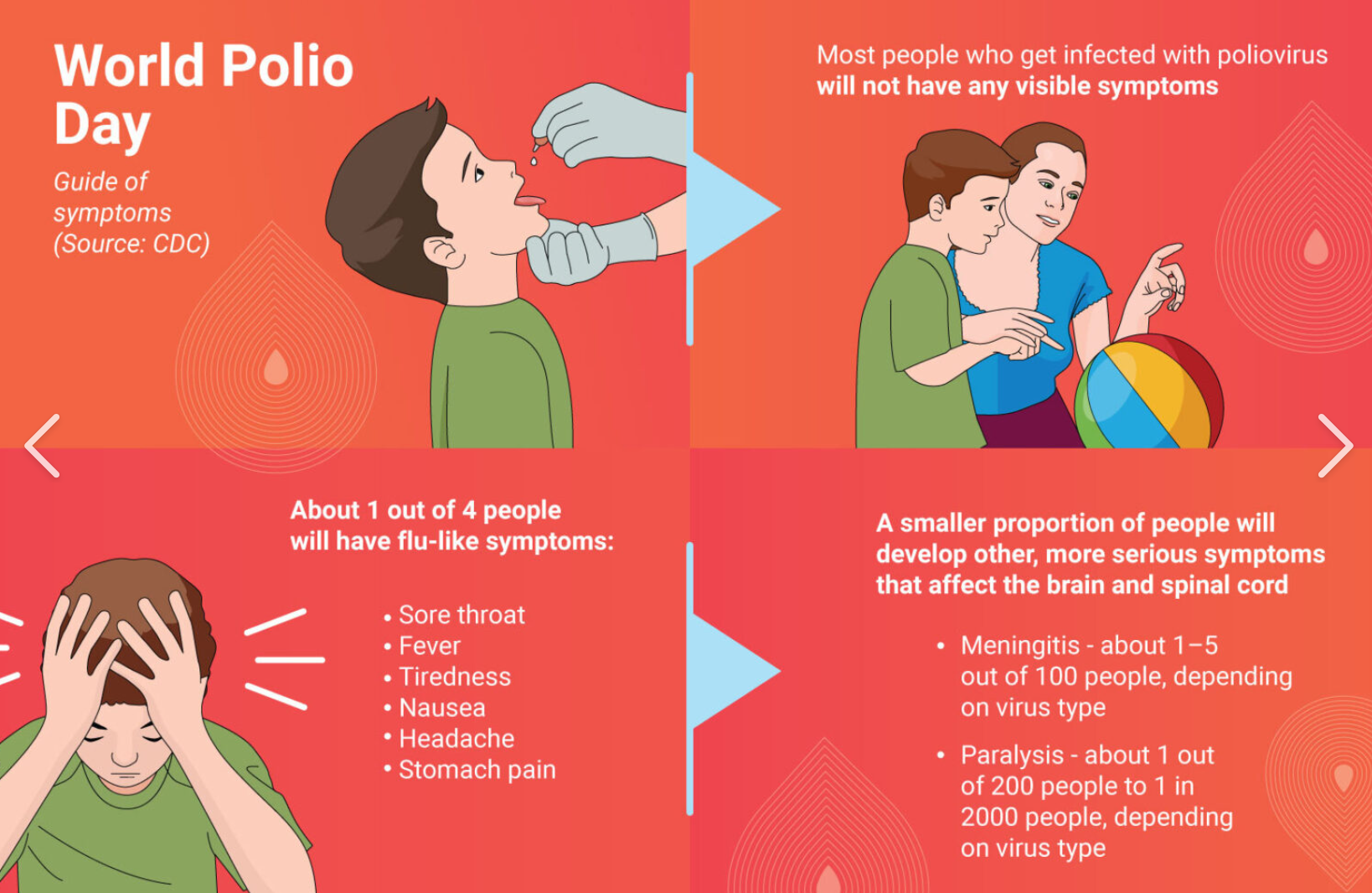For women who have experienced recurrent miscarriages, the early stages of pregnancy can feel like a rollercoaster ride filled with anxiety and uncertainty. Imagine having to undergo countless blood tests, swallow a mountain of pills, endure endless injections, and endure multiple ultrasound scans. Every little hiccup can send your heart racing. It’s a complex and often emotionally draining process.

When these women visit a reproductive immunology clinic, their ultimate goal is to “graduate”—a term that signifies reaching the 12-week mark, where an ultrasound confirms a healthy heartbeat. Some clinics even go the extra mile by hosting graduation ceremonies and handing out certificates, adding a touch of ceremony to this significant milestone. However, in some cases, graduation might be delayed until the 16th week or even later. Once graduated, the responsibility shifts from the reproductive immunology clinic to the obstetrics department.

But here’s the twist: for many obstetricians, the “graduation” from reproductive immunology marks the beginning of a new set of challenges. Most obstetricians are not well-versed in the intricacies of reproductive immunology. They might be unsure about the medications prescribed and either hesitate to make any changes or, in some cases, dismiss the medications entirely. This leaves the patient in a precarious position, caught between two specialties with little to no communication.
This disconnect highlights a critical issue: the lack of seamless collaboration between departments. A patient-centered hospital should ensure that once a patient “graduates,” they are not left adrift. Instead, there should be a well-coordinated handover, ensuring continuous care.

For women with autoimmune conditions planning to conceive, a structured approach is essential. This journey can be likened to a comprehensive educational system:
- “Pre-School” (Pre-Conception): This phase involves visiting a rheumatology clinic to manage and stabilize any autoimmune conditions.
- “Elementary School” (Early Pregnancy): Here, the focus shifts to the reproductive immunology clinic, where the primary goal is to ensure a successful early pregnancy.
- “Middle and High School” (Mid and Late Pregnancy): After the 12-week mark, specialized obstetricians, particularly those trained in “obstetric immunology,” take over. This ensures that the patient receives continuous, specialized care throughout the remainder of the pregnancy.

Given the rarity and complexity of these cases, a multidisciplinary approach is crucial. Obstetricians need not only skillful hands but also sharp minds to handle these intricate cases.
To ensure a smooth journey from pre-conception to delivery, collaboration between rheumatologists, reproductive immunologists, and obstetric immunologists is essential. These experts should work together to develop guidelines, share best practices, and continuously update their knowledge based on clinical experience. They should also collaborate on training programs and hold regular meetings to discuss advancements and challenges.

In essence, this collaborative approach ensures that patients receive a comprehensive, well-coordinated care plan, from “pre-school” to “graduation,” ultimately leading to the birth of a healthy baby. It’s a team effort that underscores the importance of seamless communication and collaboration in healthcare.







Leave a Reply